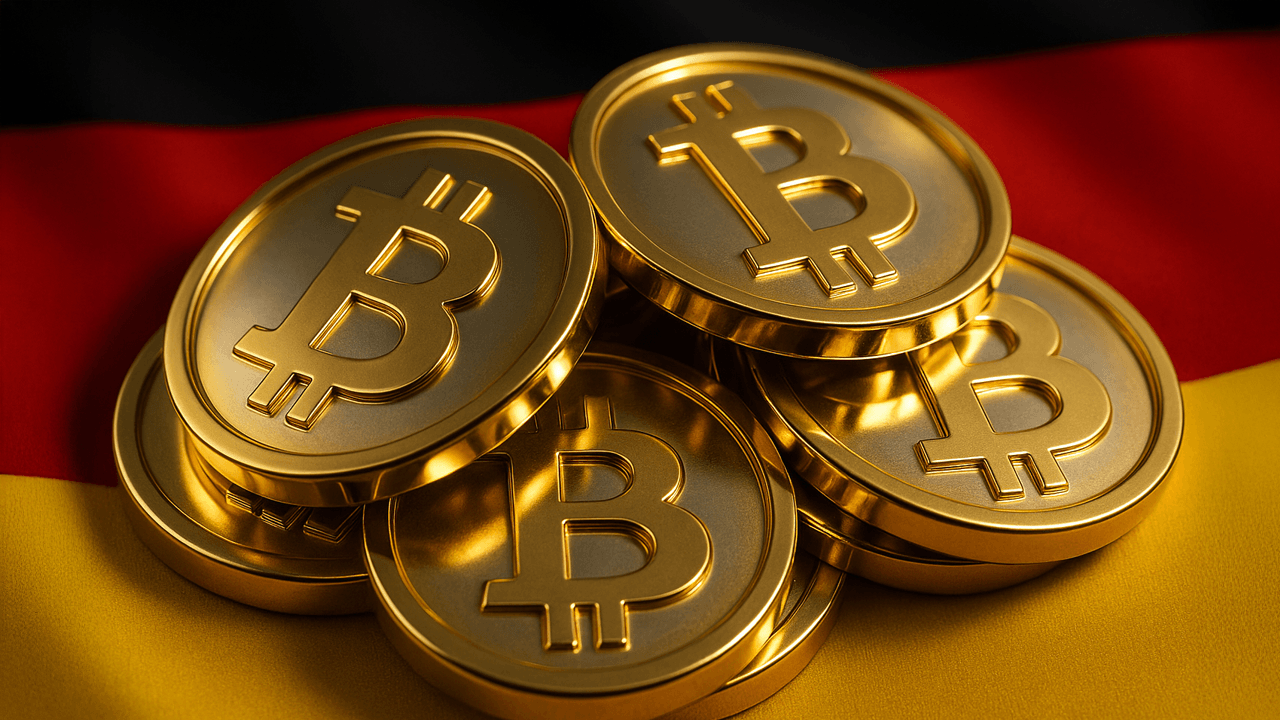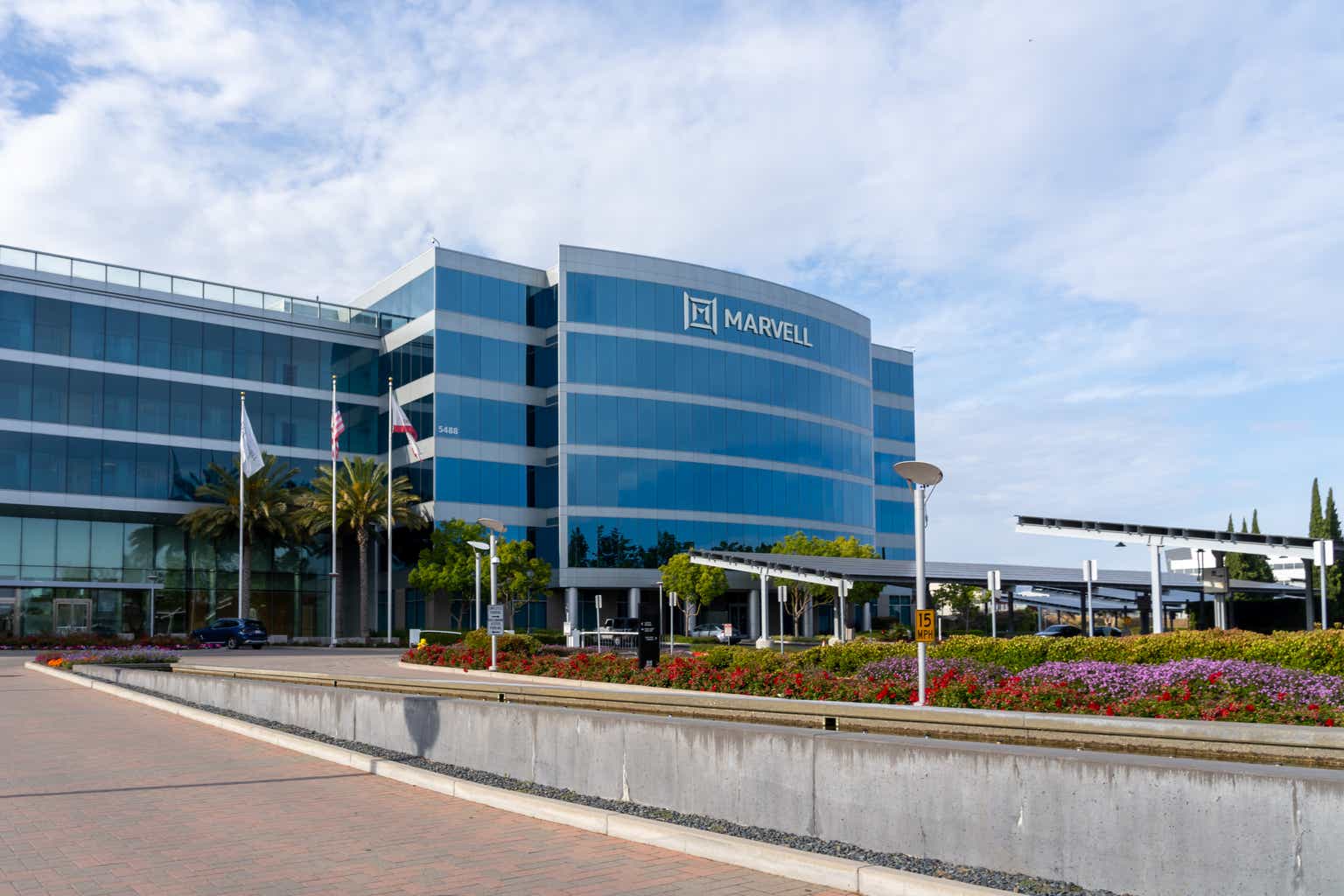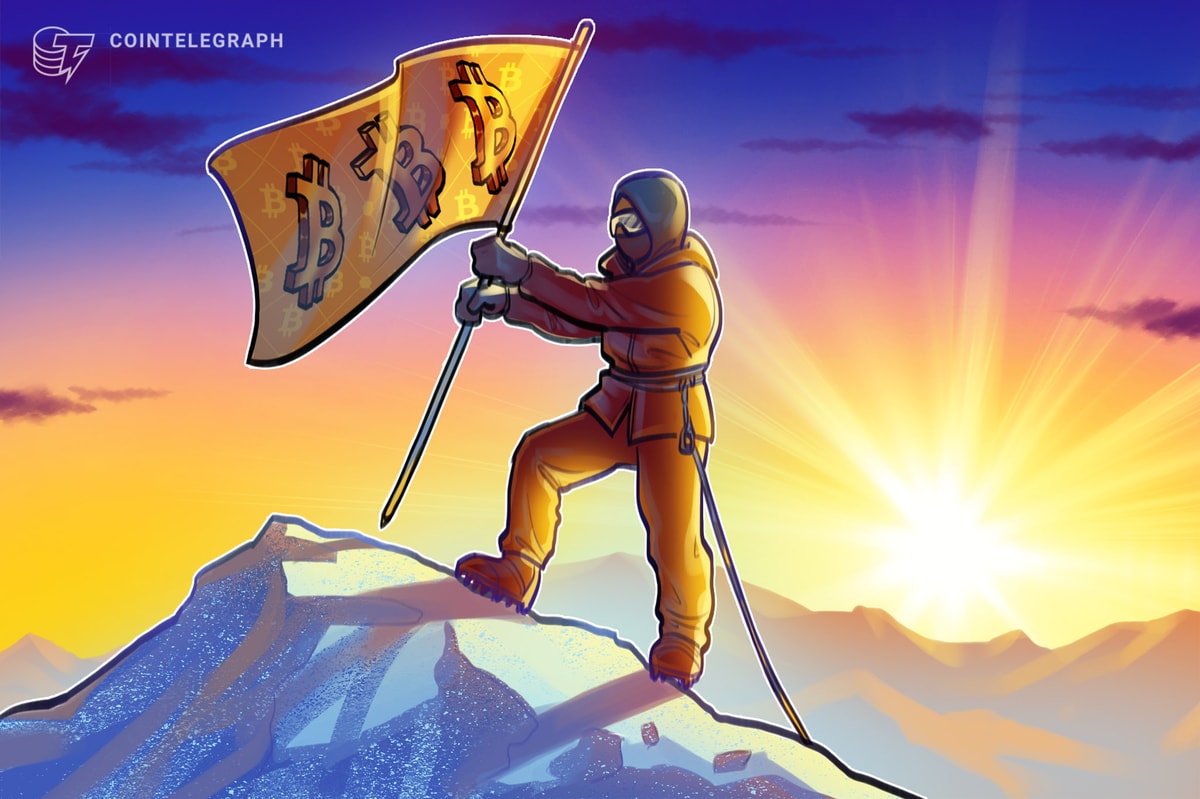On November 28, Pope Francis lamented the recent rise of individualism, which he linked to a rise in violence. While his counsel contains a valuable lesson in charity, it also contains the worrisome seeds of communitarianism and socialism, the snuffing out of individual initiative. The Pontiff is notorious for not staying within his proverbial lane, nor following his comparative advantage in theology, instead offering economic advice. Many of his economic views have potentially dire consequences for those he is most intent on helping: the poor.
Pope Francis is a complex Pontiff. He has brought some humility to the throne of Saint Peter, with his frequent calls for renewed spirituality and concern for the least-fortunate. But Pope Francis has also said some very disturbing and incorrect things about the mechanisms that put food on everyday people’s plates: markets. Alas, the Pontiff does not understand market exchange, comparative advantage, division of labor, or mutual gains from trade. He neglects the record and promise of capitalism, lifting billions out of poverty primarily due to the expansion of markets and global trade. Pope Francis’s misunderstanding of economics threatens to erase decades of material progress and prosperity, while condemning billions more to poverty.
Economists are incapable of offering wisdom on salvation, but where soteriology fails us, we can offer insights on ameliorating the lot of the poorest and the most vulnerable while they are here on earth.
What is so confused, then, about the economics of Pope Francis? To explain, we return to 130 years of Catholic Social Teaching. Starting in 1891, with the papal encyclical Rerum Novarum, the Catholic Church has given moral and religious guidance on social, political, and economic conditions. From 1891 to 2013 (when Pope Francis was elected to the papacy), the Church’s stance on economics and markets remained largely the same. The Church recognized the importance of markets for human agency, but also for the efficient production and distribution of goods. At the same time, the Church taught that markets ought to be guided towards the common good (whether by culture or by the state), and that the poorest should be remembered, rather than excluded from market exchange.
A friend of human flourishing might blanche at such constraints. First, at the possibility of a rent-seeking state constraining the freedom of market exchange. And second, at the very notion that markets are not, ipso facto, generators of wealth, engines of progress, anti-poverty programs without massive bureaucracies, and thus guided towards the common good. But a friend of human flourishing would also applaud markets, not just for their efficiency, but also for all the benefits (including poverty alleviation) that flow from them. What is more, well-designed markets, which do not suffer the pathologies of rent-seeking or regressive regulation, are inclusive. Friends of liberty fight daily against the thousand indignities of regulation; intervention excludes, but markets include.
In sum, Catholic Social Teaching from 1891 to 2013 recognized the power of markets, and their ability to alleviate poverty and human suffering. One might even claim that the Church was engaging in its own version of Public Choice theory, with its warnings about rent-seeking and privileges.
After 130 years of consistent Catholic social teaching on economics, Pope Francis altered the course radically. He came out swinging with his first encyclical, 2013’s Evangelii Gaudium, in which he declared that the world’s current market system was “an economy of exclusion and inequality. Such an economy kills.” In the past decade, Pope Francis has doubled down on a skeptical and negative view of markets. He has a zero-sum game view of wealth, and is skeptical of technology (rather than making labor more productive, he sees it as a substitute). The Pope has called for more redistribution of wealth, stronger international organizations to curb globalization, and protectionism to defend national economies from the competition of richer countries. The interested reader is guided to the superb anthology, edited by Robert Whaples, Pope Francis and the Caring Society (Independent Institute, 2017) and our forthcoming papers in The Journal of Markets and Morality and the International Journal of Development Issues.
Why does all this matter? First, because the Pope is the spiritual leader of the almost 20 percent of humanity that is Catholic, with a moral voice that rings far beyond his own Church. Second, because the Pope is, simply put, ignorant about economics. Economics gives us the recipe for economic growth. We can start with Adam Smith’s simple framework of “peace, easy taxes, and a tolerable administration of justice,” and update into a combination of rule of law, constitutionally limited government, economic freedom, and robust defense of property rights. The economic freedom of the world index shows the positive correlation not only between economic freedom and economic output, but also between economic freedom and the lot of the poorest and the least fortunate. In his misguided attempts to limit markets and increase intervention and redistribution, Pope Francis would condemn billions to poverty. More’s the pity, as humanity has made so much progress. Global poverty has fallen from 84 percent in 1820, to 40 percent in 1980, to 20 percent in 2007, and 10 percent in 2015, as globalization has increased the reach of markets and the number of people lifted out of poverty by market exchange. Much remains to be done, as too much poverty remains. But the solution is emphatically not more barriers, more taxes, more impediments to trade, and more regulations (which have proven to be regressive, hurting the poorest). The solution is more markets, more opportunity, and thus more wealth creation for all.
We can learn from the spiritual wisdom of Pope Francis, as we remember to inject a dose of humility (with F.A. Hayek, perhaps) into our daily lives. And (unintentionally) Pope Francis reminds us that capitalism was built on an ethic of saving, which has largely become a culture of consumption. We should be wary of eating the seed corn – but also wary of killing the proverbial goose that lays the golden eggs. The world’s poor deserve no less than the full opportunity of market exchange.

















